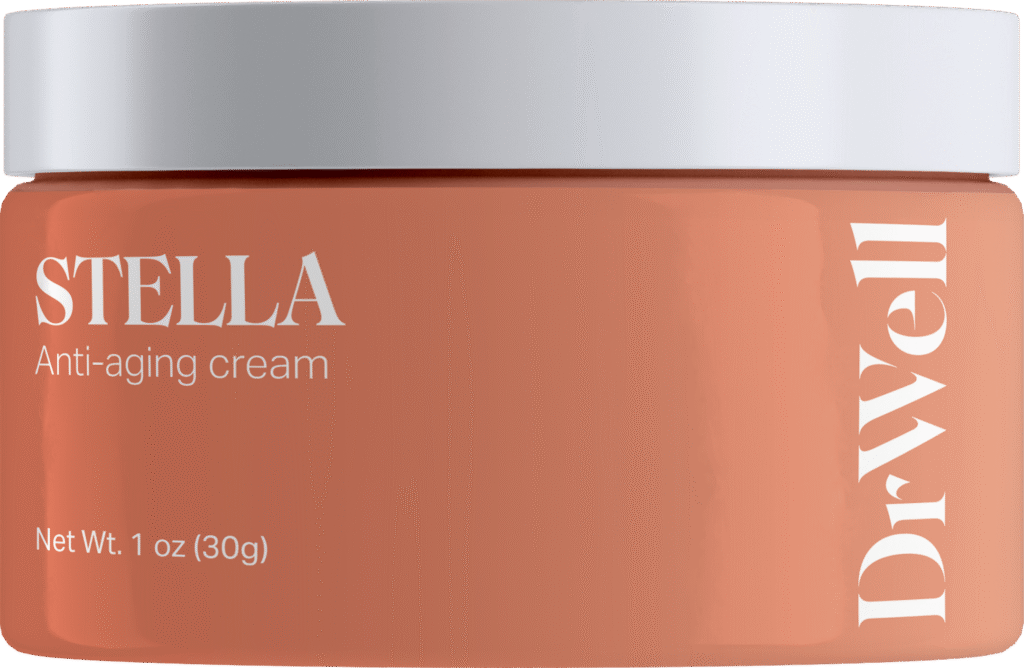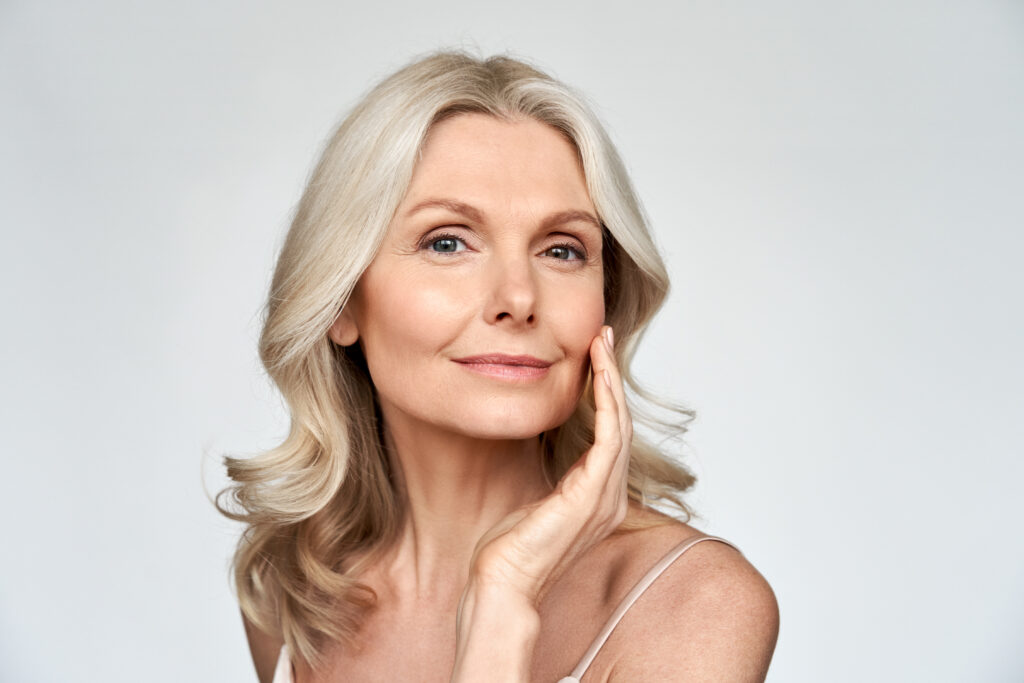We all know that our skin changes with age, but many people are surprised by how early the process begins. Starting in your late 20s or early 30s, your body’s natural production of collagen and elastin—the proteins that give skin its structure and bounce—starts to slow down.
This gradual decline can lead to subtle (and later, more noticeable) changes: fine lines, dryness, dullness, and a loss of firmness. But beneath the surface, there’s more going on than just time—hormones and cellular activity play a major role in how your skin ages.
The Hormonal Connection
Hormones are deeply intertwined with your skin’s health. Estrogen, in particular, supports collagen production, moisture retention, and skin thickness. When estrogen levels decline—whether due to age, stress, or hormonal changes—the skin can become thinner and more fragile.
This is why many people notice a shift in their complexion in their 30s and 40s: collagen synthesis slows, and cell turnover becomes less efficient, resulting in a more tired or uneven appearance. Supporting hormonal balance at the skin level can help counteract these effects and keep your complexion vibrant.
The Power of Peptides
Peptides are small but mighty chains of amino acids that act as cellular messengers, signaling your skin to produce more collagen and elastin. One peptide in particular—GHK-Cu (Copper Peptide)—has been shown to:
Stimulate collagen and glycosaminoglycan synthesis
Improve skin elasticity and firmness
Reduce fine lines and hyperpigmentation
Support overall skin repair and healing
When combined with other rejuvenating ingredients like niacinamide (vitamin B3) for barrier support and tretinoin for enhanced cell turnover, peptides help restore a smoother, more youthful surface.
Collagen Decline After 30: What You Can Do About It
While you can’t completely stop the natural aging process, you can support your skin’s longevity by focusing on cellular repair and hormone balance. A few key steps include:
Boosting skin metabolism with ingredients that encourage collagen renewal
Supporting estrogenic activity at the skin level, helping restore firmness and hydration
Protecting the skin barrier from environmental damage and oxidative stress

Meet Stella: Anti-Aging Cream
Formulated with GHK-Cu, estriol, niacinamide, and tretinoin, Stella combines the science of peptides, hormones, and proven retinoid therapy to help restore your skin’s youthful balance.
Together, these ingredients work to stimulate collagen, improve elasticity, and enhance radiance, helping your skin look healthy and resilient.
